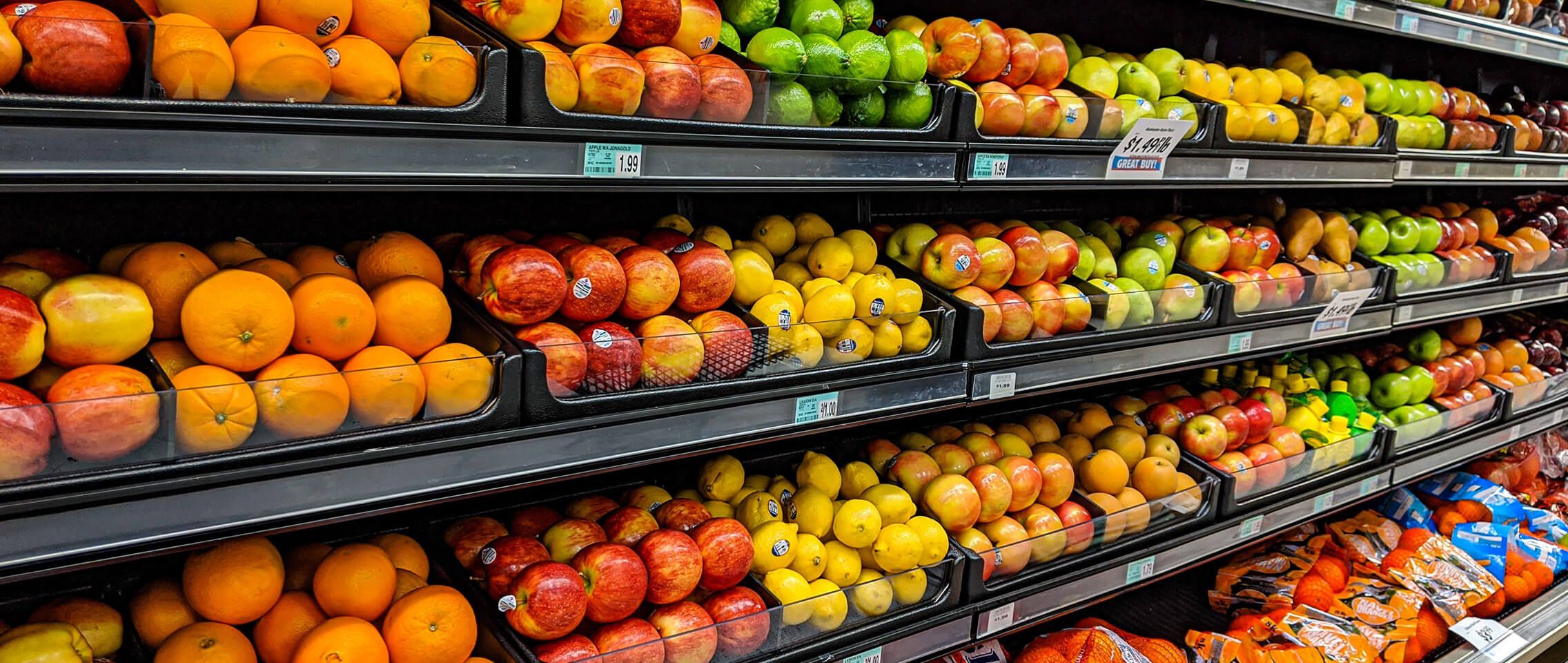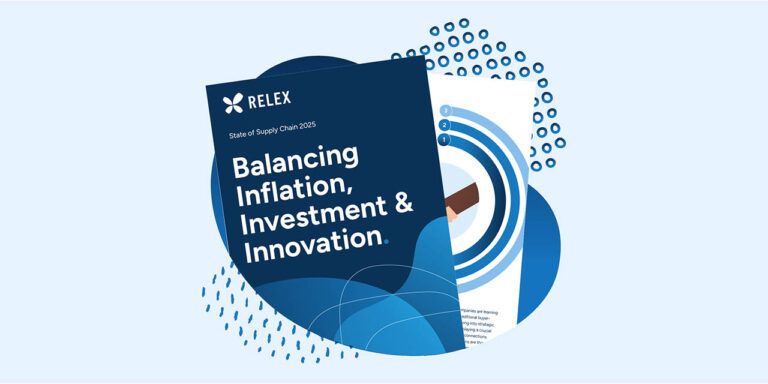Reducing spoilage holistically and the importance of sustainability in supply chain
Oct 12, 2023 • 3 min
Sustainability is an essential part of doing business across all industries. Not only does it provide environmental, social, and economic benefits to a company’s stakeholders, but it also helps to build trust and loyalty with customers and employees. Further, the importance of sustainability in the supply chain cannot be overstated. A holistic approach to sustainability throughout the supply chain allows businesses to create long-term value, waste less, and save more.
Although there is a common corporate myth that improving sustainability means sacrificing margins, the truth is that putting effort into making your whole supply chain more efficient will actually save you money in the long run.
Let’s take a look at this holistic approach in an industry where spoilage feels like a part of everyday business: the fresh supply chain.
Sustainability and the fresh supply chain
When it comes to sustainability, fresh retailers must navigate a delicate balance of reducing their environmental impact while continuing to meet customer needs and expectations. Fresh retailers are tasked with managing a supply chain full of short-shelf life products that are at a high risk of spoiling. What doesn’t get sold might quickly end up in the waste bin.
When ordering products and holding inventory, fresh retailers have to consider the expectations of their customers, which include maintaining a robust assortment and perfectly stocked shelves full of fresh and good-looking produce. On the one hand, the fear of losing out on sales and dissatisfying customers might lead businesses to risk over-ordering fresh inventory. On the other hand, this approach leads to the risk of excess fresh produce spoiling if it isn’t purchased in time.
And thus returns our myth that profitability and sustainability remain at odds. But remember, these two ideals don’t need to be enemies; in fact, with an efficient supply chain, these two issues can likely be handled together.
The role of supply chain technology in achieving sustainability
With the right technology, fresh retailers no longer need to choose between eliminating waste and emptying their wallets. They can streamline ordering, choose the optimal assortment, and use demand forecasting to ensure they have exactly what their customers need on the shelf when they need it.
Fresh management depends on the ability to automate data-driven forecasts on a daily or even intraday level. Efficient supply chain technology can assess fresh inventory needs on a day-product-store level to ensure the right products are going to the right stores to prevent overstock (leading to waste) or understock (leading to lost sales).
The way to address the complexity and urgency of fresh item management is with a solution that can incorporate AI and machine learning. This can ensure retailers are able to meet local demand with full shelves and optimize replenishment to reduce unneeded waste. An automated forecasting and replenishment solution can also drastically reduce manual planning processes, increase speed and agility throughout the supply chain, drive improvements to accuracy and outcomes, and increase sales.
When these accurate forecasts are shared further upwards in the supply chain, from stores to DCs to suppliers/manufacturers, we can better balance supply and demand in the entire supply chain. This data visibility and collaboration can lead to more efficient and cost-effective DC operations and help suppliers, wholesalers, and distributors achieve the right balance between service level/availability and spoilage.
Overall, technology is a powerful tool that organizations can use to improve their sustainability efforts within their supply chains. By using these technologies alongside other sustainable practices, such as data-driven insights and regular assessments of environmental impacts, businesses can achieve their sustainability goals and not sacrifice their profits while doing it.
The importance of sustainability in supply chain overall
By taking the right steps and having access to the appropriate tools, organizations can ensure they are on track to achieve sustainable supply chain practices. With an effective strategy in place, businesses can rest assured that their customers are getting the products they need while the company is also looking out for the health of our planet.
At RELEX, we’ve seen the effects of an efficient supply chain firsthand. In 2022, our customers saved over 11,000,000 kg of food waste. That is the equivalent of preventing over 35,000 tons of CO2 equivalents from hitting the atmosphere. Therefore, not only is a cohesive sustainability and business plan possible but it’s absolutely doable.



